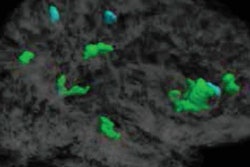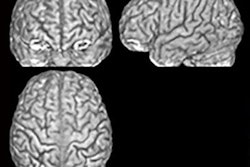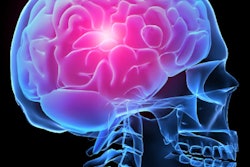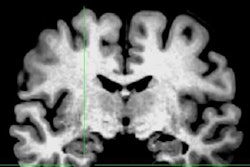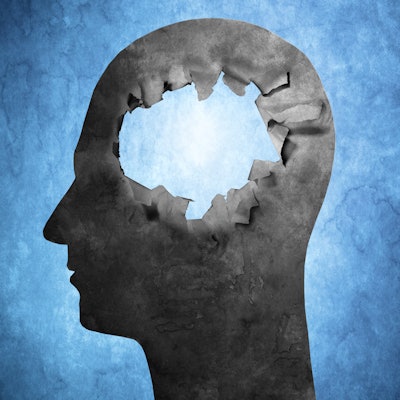
MRI scans have shown how the effects of radiation therapy can reduce the volume of children's brains, according to a study published online August 20 in the Journal of Neuroscience. These children also had diminished ability to recall the details of events that took place after treatment, researchers found.
A group from Baylor University in Waco, TX, assessed the memory skills of 13 children who received radiotherapy and chemotherapy for brain tumors. As part of the evaluation, the patients completed a standardized memory test, underwent an MRI exam, and participated in one-on-one interviews at least one year after treatment.
During the interviews, each child was asked to recall an old memory from before he or she received radiation treatment and a more recent memory after the treatment period. The researchers found that the children were able to recount specific details of their older memories just as well as healthy children were able to, but they had a much more difficult time doing so for the newer memories.
What's more, patients who underwent treatment had a considerably smaller hippocampus on MRI scans -- a part of the brain that helps regulate memory and spatial learning -- than those who did not.
Radiation affects the brain's ability to produce new neurons in the hippocampus, which, in turn, limits its ability to form new memories, noted lead author Melanie Sekeres, PhD, in release from the university.
"The study identifies an area of cognition that is inadvertently impacted by standard treatment methods, which has real consequences for the quality of life of the survivors. ... If the physicians and the family know there are these unintended side effects, that may be an additional factor to consider when exploring the treatment options," Sekeres said.





